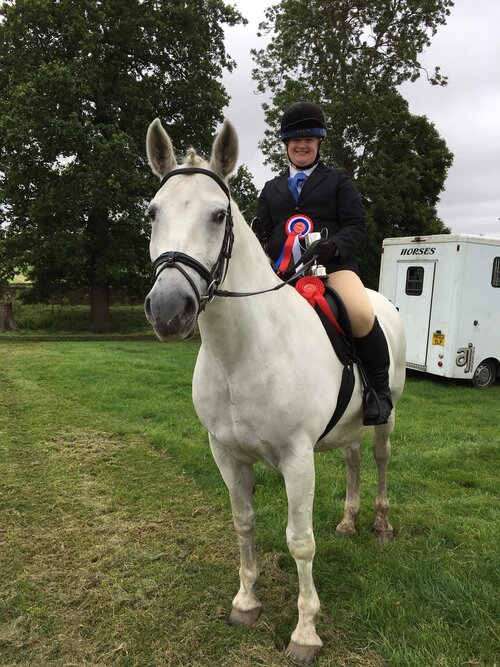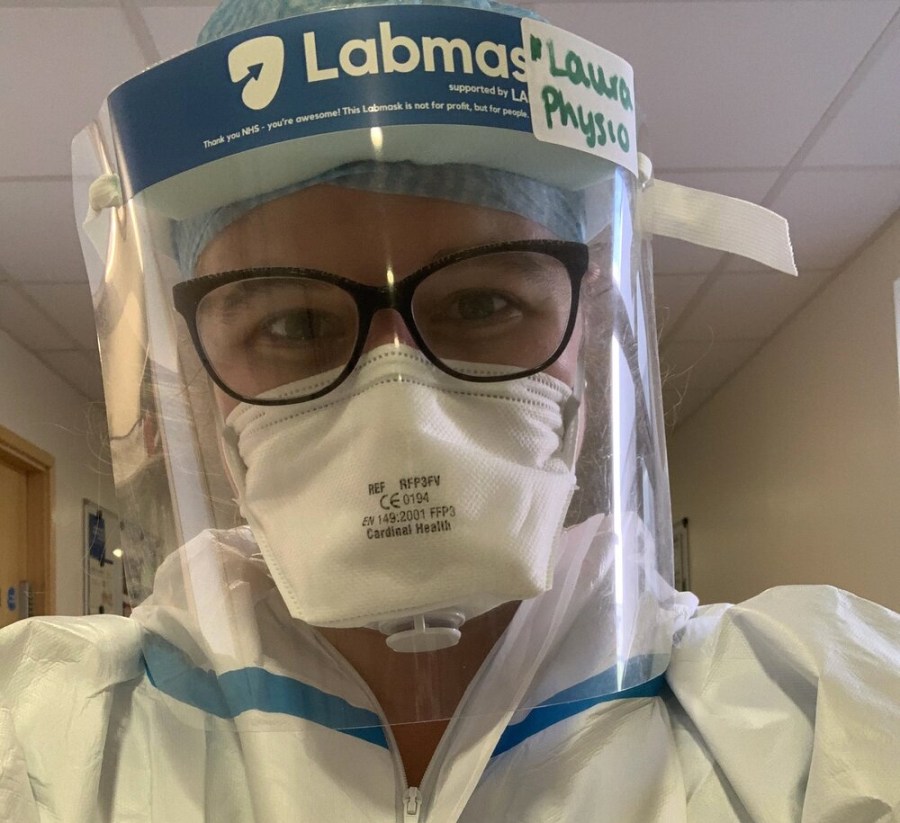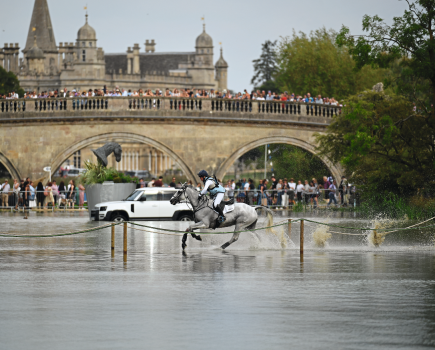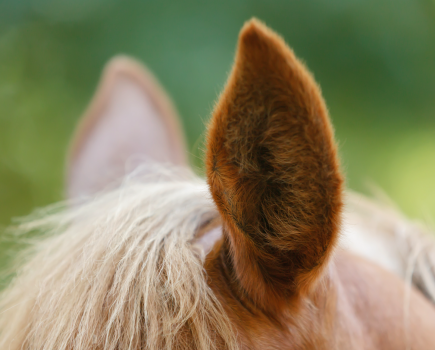Senior physiotherapist Laura Terry works on intensive care and Covid wards at The James Cook University Hospital in Middlesbrough. She tells Your Horse about working on the front line, the toll of emotional exhaustion and why her Connemara cross is a great stress reliever
“My team’s main goal is to get people back up on their feet and regain any strength lost so that they are safe to go home again.
Some people have a variety of therapy needs, including exercises for arms, legs and their core. This means assisted transfers out of bed and standing in a multitude of ways using various pieces of equipment.
It’s completely patient specific and I am guided by their goals and hobbies.
Physiotherapists also play a big role in maintaining chest health and keeping the lungs clear of any sputum [a mixture of saliva and mucus coughed up from the respiratory tract, typically as a result of infection or other disease].
Some patients who have been unwell require ventilation for prolonged periods. I have also been able to advise and guide through the process of weaning off any ventilator support. It is extremely satisfying and rewarding when this point is achieved.
“Emotional exhaustion is real and yes, some of what I’ve seen and experienced will stay with me for a long time. Being with my mare tops up the well-being tank”

Laura riding Pearl, the best way to “top up the well-being tank”
‘Without hobbies, I’d have struggled’
I’ve been a physiotherapist for four-and-a-half years and have been in my current role for two years.
What my role involves hasn’t changed during the pandemic, but it’s been challenging working in full PPE and providing care to some of the sickest patients in the hospital.
Ultimately, working with some of the weakest patients brings its own challenges. We still provide individualised care to patients and strive to achieve their goals and aim to ultimately get them home.
The emotional toll of my work has been the hardest thing to deal with. Some patients are so sick that physiotherapy can’t do anything to help them.
Feeling helpless and the death rate being so high — that sits with you for a long time.
But there are many highs too. The patients who have fought Covid and been well enough to be discharged to the ward and then discharged to go home. It makes everything worthwhile and clapping them out gives the warmest feeling.
You find ways to balance work and your hobbies and that work-life balance has been so important to me and managing my mental and physical health. Without it, I’d have struggled. The countryside and fields around my home have been a blessing.
‘Some of what I’ve seen will stay with me for a long time’
I’ve seen what Covid does to families and patients and I urge everyone to follow the rules. Some days you do feel like they haven’t been as good as the day before, which is frustrating, but we go again to keep fighting the virus and help patients get better.
Having seen what I’ve seen in the past year please, everyone, follow the guidelines. The emotional toll of the job has really shown and yes, some of what I’ve seen and experienced will stay with me for a long time. Emotional exhaustion is real, but I’ve learnt what’s important to me and my well being and how to manage this.
I’ve had my Irish Draught/Connemara mare, Pearl, for nine years. She’s 15 and can turn her hoof to most things, but is happiest bombing across the countryside, round a cross-country course or eating. Being with Pearl gives me time to forget about everything and pop along in my own little world for however long. It’s the best stress reliever and escape from work there is. Pearl tops up the well-being tank!”









